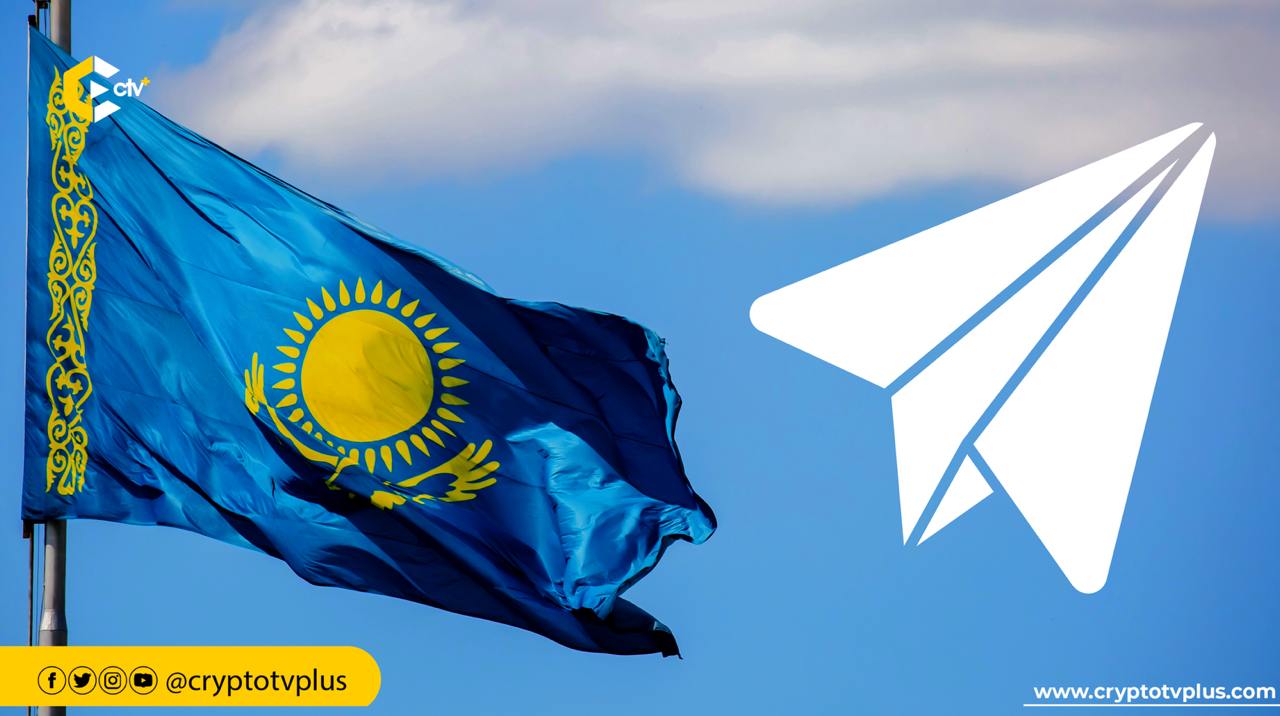News
Telegram to open office in Kazakhstan, to improve local compliance

Telegram has announced plans to open an office in Kazakhstan to expand its presence in Central Asia. Known for its privacy and security features, the popular messaging app aims to better comply with local regulations through this move.
As Telegram’s usage among individuals and businesses in Kazakhstan increases, the company seeks closer cooperation with Kazakh authorities. This partnership is intended to ensure adherence to national laws while maintaining user privacy.
In a statement, Telegram emphasized the importance of meeting local legal requirements without compromising its commitment to security and free communication.
The new office will facilitate improved communication with regulators and ensure compliance with Kazakhstan’s laws, especially regarding data privacy and content control.
Kazakhstan’s government welcomed the decision, viewing it as a positive step toward balancing national laws with the needs of tech companies. This collaboration is expected to enhance communication between Telegram and local authorities, allowing the platform to continue operating smoothly.
Recent events have raised serious concerns about Telegram, particularly following the arrest of its CEO, Pavel Durov, in France. Durov was taken into custody on August 24, 2024, as part of an investigation into Telegram’s role in allowing harmful content to spread.
This arrest has sparked discussions within the European Union about holding Telegram accountable for its content management practices.
A major issue is content moderation and legal compliance. Telegram has faced criticism for failing to adequately control what users share, making it a platform for both activists and criminals.
French authorities began their investigation after the platform reportedly ignored multiple requests to remove illegal content. Durov now faces charges related to the spread of child sexual abuse materials and other illegal activities.
In response to legal pressure, Telegram announced it would begin sharing user data, including IP addresses and phone numbers, with governments when they make valid requests.
This marks a significant shift from its previous stance of resisting government data requests, which had earned the platform a reputation for weak moderation.
Following Durov’s arrest, South Korea launched its own investigation into Telegram, accusing it of facilitating the spread of deepfake pornography. Authorities are particularly alarmed by the platform’s role in distributing harmful content targeting young women and minors.
The European Union’s Digital Services Act (DSA) mandates that platforms with over 45 million users comply with stricter regulations. There are ongoing inquiries to determine if Telegram has accurately reported its user numbers in the EU. Violations could lead to penalties under this new regulatory framework.
Telegram’s challenges aren’t limited to France and South Korea; the platform has also faced legal issues in countries like Brazil and Germany over concerns about illegal content. While the company insists its content moderation practices meet industry standards, it concedes that its privacy features can attract illicit users.

























1 Comment